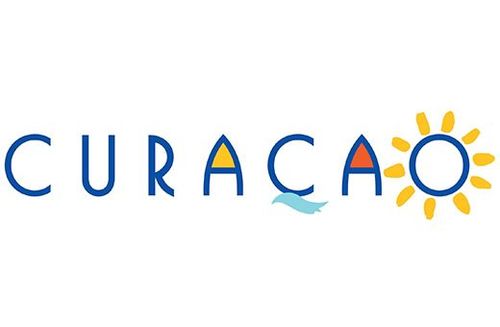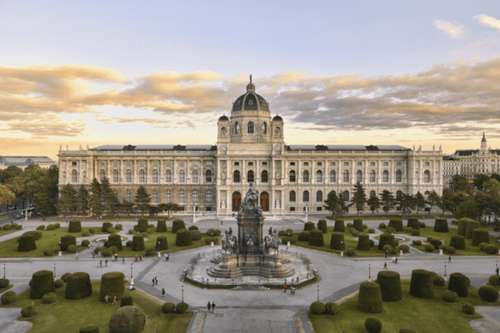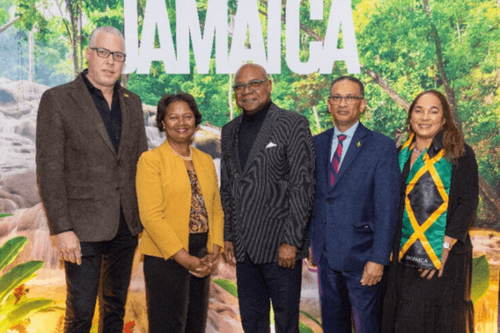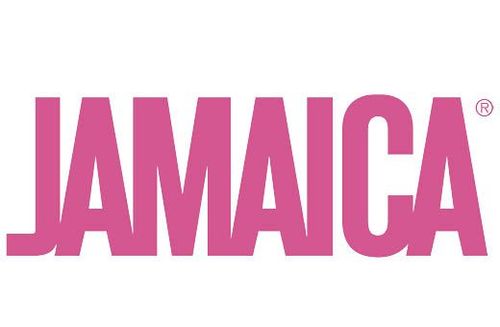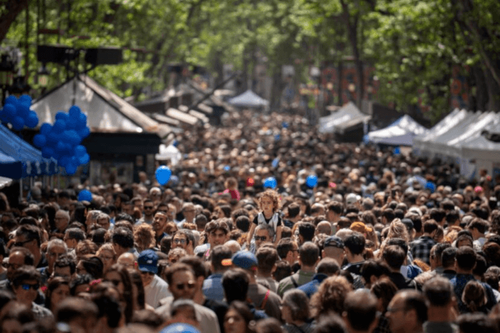Where travel agents earn, learn and save!
News / Counting the many reasons to visit colourful Curaçao
Curaçao offers a tantalizing mix of Caribbean and European flair.
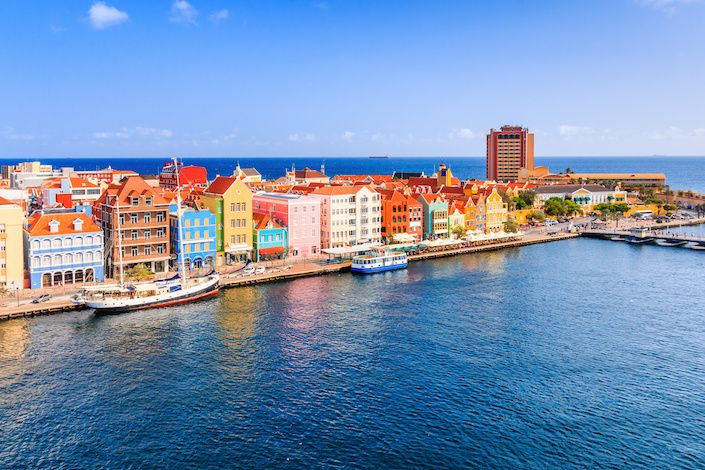
How many reasons are there to visit Curaçao? There are way too many to count.
The island nation, which sits off the coast of Venezuela in the southern Caribbean Sea, is a destination for everyone, home to pristine beaches, crystal-clear waters and historic culture. And since Curaçao is also part of the Kingdom of the Netherlands, it also offers a tantalizing mix of Caribbean and European flair.

Hetty Van Den Ouweelen, Owner of Hospitality Professionals who has lived in Curaçao for 30 years, says what makes the island so special is its diversity.
“It’s all about the history and the beautiful city of Willemstad. It’s the combination of geology, the 35 different beaches and great diving, snorkelling and nature. Because the Dutch presence is so strong, it gives us that European touch, European culture, European influence and hospitality. So, it’s very unique that you have African, Caribbean and Dutch influences mixing in relative harmony,” she says.
Van Den Ouweelen, who through Hospitality Professionals offers bike, walking, snorkel tours and more, runs down the many reasons to visit Curaçao:
The Water
One of Curaçao’s main attractions is its stunning beaches and water activities. The island has an abundance of white sand beaches that are perfect for swimming, sunbathing, and water sports. Some of the most popular beaches include Playa Porto Mari, Cas Abao Beach, and Kenepa Beach. Each of these beaches offers something different, from calm waters for swimming and great snorkelling to turtle sightings.
“We have 35 beaches, including 25 public beaches, and some excellent snorkelling including a very fun underwater tugboat wreck. Some spots you are pretty much guaranteed to see turtles. The water visibility is usually about 100 meters, which is great, and our underwater fish and coral are robust and diverse,” says Van Den Ouweelen.
If clients are looking for something a bit more adventurous, Curaçao is also home to some of the best diving spots in the Caribbean. The island has an extensive network of coral reefs, wrecks, and underwater caves that are waiting to be explored. Some of the best dive sites include the Superior Producer wreck, the Mushroom Forest, and the Blue Room.
The History & Culture
In addition to its natural beauty, Curaçao also has a rich cultural heritage that is evident in its architecture, museums, and festivals. Willemstad, the capital city of Curaçao, is a UNESCO World Heritage site that boasts an array of colourful Dutch colonial architecture. The city is divided into two parts: Punda and Otrobanda, which are connected by the iconic Queen Emma Bridge. Punda is known for its historic buildings, charming narrow streets and bustling shopping district, while Otrobanda offers stunning views of the harbour and a more laidback atmosphere. The city’s colourful buildings and unique Dutch colonial style make it a photographer’s dream.
If clients are interested in learning more about the island’s history and culture, suggest a visit to some of the museums in Willemstad. The Curaçao Museum, the Kura Hulanda Museum, and the Maritime Museum are all great places to start. And if they happen to be visiting during one of the island’s many festivals, such as the Carnival in February, they’ll be treated to a colourful and lively celebration of Curaçao’s cultural heritage.
The Food
Of course, no trip to Curaçao would be complete without sampling some of the island’s delicious cuisine. The food on the island is a fusion of African, European and Caribbean flavors, and there are plenty of great restaurants and street vendors to choose from. Some of the must-try dishes include keshi yena (stuffed cheese), sate ku batata (chicken skewers with sweet potato), and pastechi (a fried pastry filled with meat, cheese, or fish).
The Attractions
Christoffel National Park is located on the rugged northwestern coast of the island. The park covers over 4,500 acres and is home to a variety of flora and fauna, including the endangered Curaçao white-tailed deer, barn owls, and iguanas. Visitors can hike one of the park’s many trails, climb to the top of Mount Christoffel for panoramic views of the island, or explore the park’s historical plantation houses.
The Hato Caves are also a must-see attraction. Located just a short drive from Willemstad, the caves were formed millions of years ago and offer a fascinating glimpse into the island’s geological history. Guests can explore the cave system’s stalactites, stalagmites, and underground pools while learning about the caves’ history and cultural significance.
The Queen Juliana Bridge is one of the tallest bridges in the Caribbean and offers stunning panoramic views of Willemstad and the surrounding area. Visitors can drive or walk across the bridge, which swings open to let ships pass in a very unique and fascinating way.
For more information about Curaçao and Travel Professionals’ tours, contact Van Den Ouweelen at hettyvdo@gmail.com or visit curacao.com/en.

Source: Travelweek



